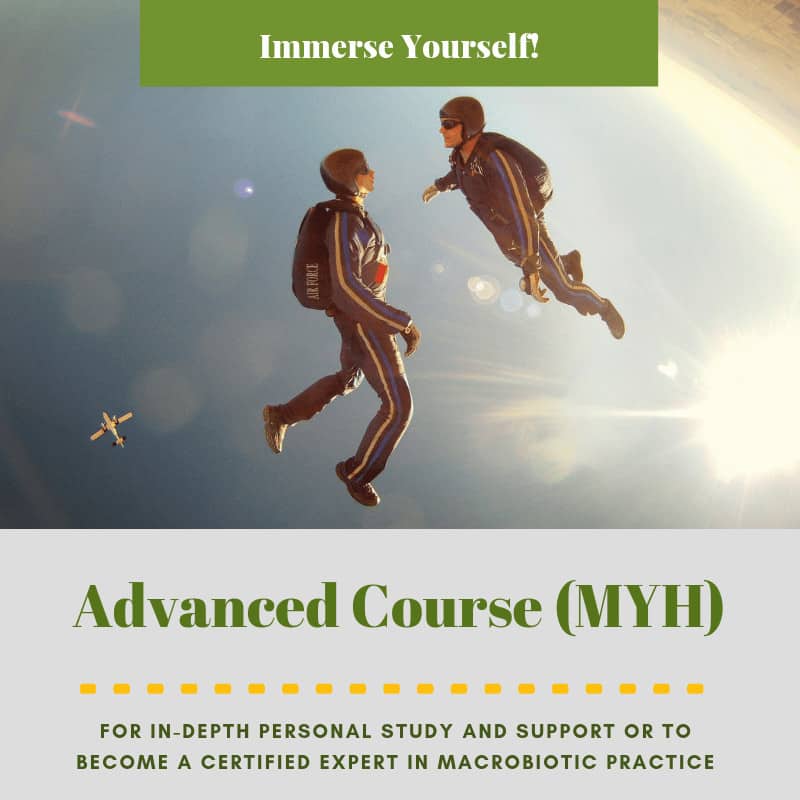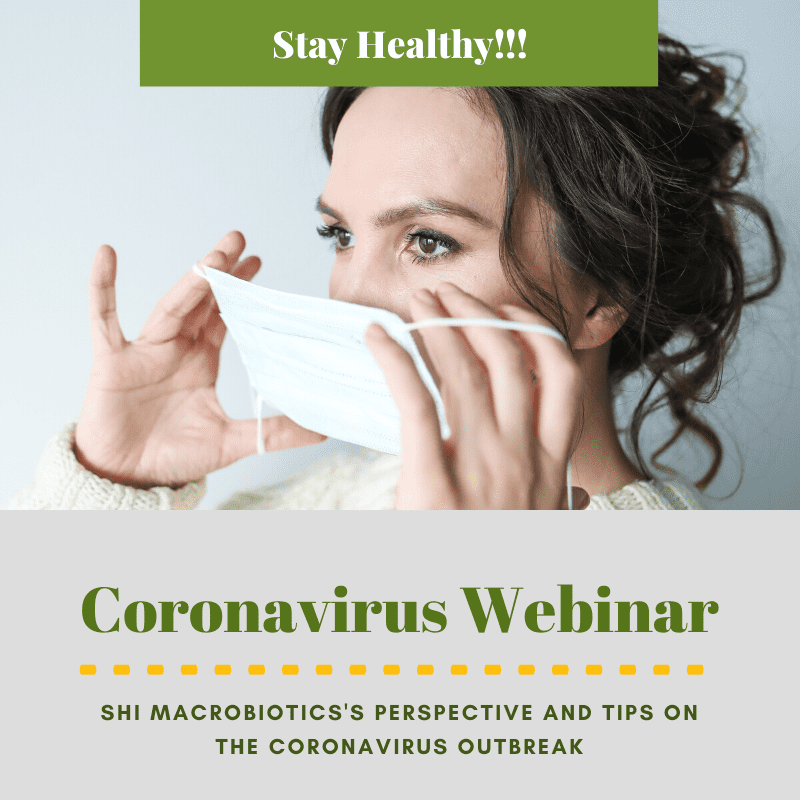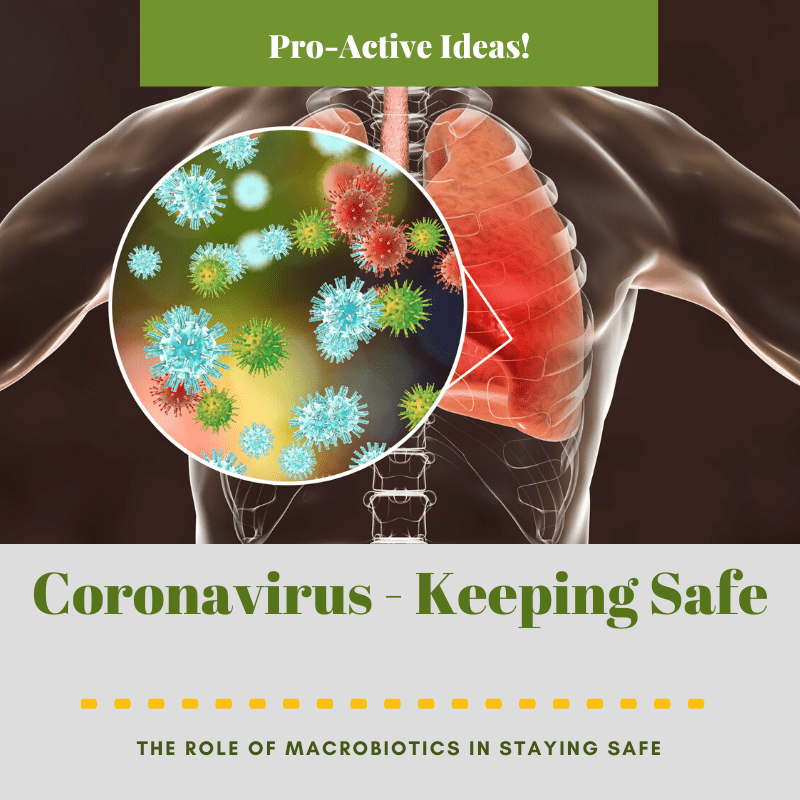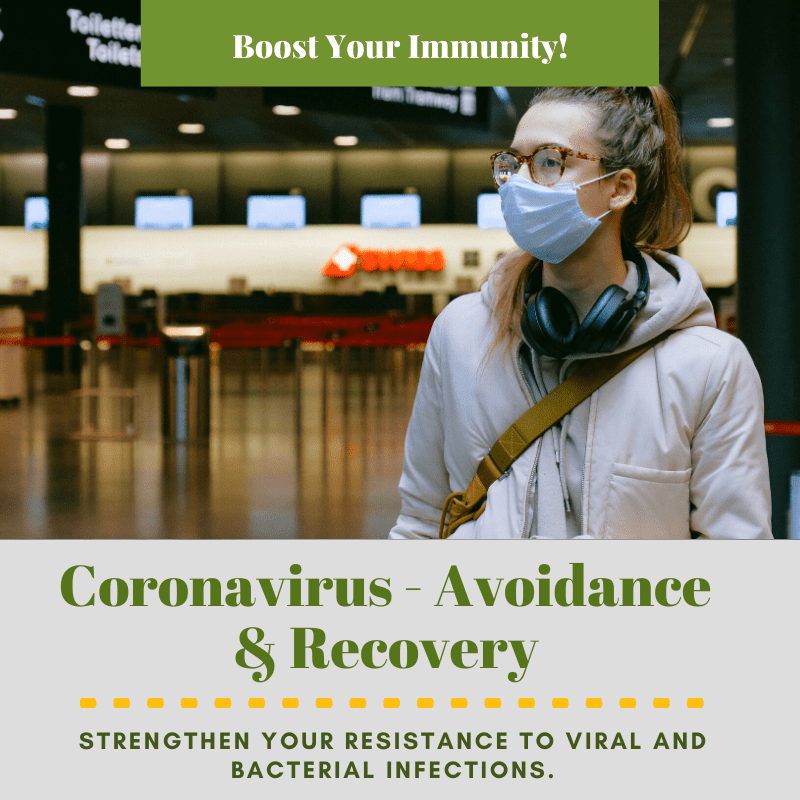In macrobiotics we see the body in various complementary systems, meaning that organs and systems have distinct relationships with each other. The most important pairing is the relationship between the digestive and nervous systems. In recent years, more scientific research has appeared about the relationship between gut health, thoughts, and emotions. Another example is sleep, which is regulated by our overall balance and quality of diet and activity. The goal is to get to the root of the problem and solve it.
In macrobiotics we see a clear relationship between physical, mental, and emotional health. Macrobiotics is not a replacement for therapy or various forms of support, it simply puts us in a much stronger position to understand and resolve our issues when we take care of diet, activity, and lifestyle first*.
Anxiety, Irritability, and Mood swings
The most common cause of anxiety is hypoglycemia, or low blood sugar. The main causes of hypoglycemia are strong animal foods, baked goods, fried foods, iced drinks, and cold foods such as ice cream. Poultry, eggs, cheese, tuna fish, shellfish, and pizza are the principal causes. Sugar, alcohol, and refined carbohydrates are the catalysts that bring on symptoms, rather than the main cause.
From the macrobiotic perspective these foods create or cause the overproduction and secretion of insulin, which excessively reduces blood sugar levels. As a result, we often crave sugar, alcohol, or refined carbohydrates, which cause a rapid rise in blood sugar, followed by a sharp fall. Our uplifted feeling usually ends in tiredness, depression, or mood swings. Hypoglycemia also creates an urge to eat something now (the common “hangry” symptom).
Excessive Worries and Depression
Worries and depression are linked to poor digestion. Digestion is the foundation of health, both physically and mentally (including emotions). When our digestion is weak, it not only affects our physical energy, but our mood as well. So, we may experience laziness and a loss of vitality if our digestion is poor.
Particularly, worries can come from too many creamy foods, excessive simple sugars, cold and soft drinks, and alcohol. The same foods can contribute to depression, but the most common cause of depression is the overconsumption of the same foods mentioned above about hypoglycemia.
Tiredness and Difficulty Sleeping
Tiredness and the inability to sleep properly represent an imbalance in two areas. First, in our diet. This may mean that our diet is either too simple or too excessive. It will be hard to sleep after a big meal or when we feel hungry. Secondly, tiredness and difficulty sleeping, is an imbalance between physical and mental activity – these days, it is much more common to be overstimulated mentally, as compared to being physically active.
Both physical energy and sleep are affected by a lack of natural light and sunshine and can be compounded with an excess of blue light at night coming from cell phones, TVs, and computers. Taking periodic breaks and trying to get out daily for a walk can often improve sleep quality. Additionally, our kidneys control vitality and sleep. The kidneys are nourished by plant protein, especially beans and root vegetables. They are weakened by animal and dairy protein, hard baked foods, and cold drinks.
What Can We Do?
The easiest and most effective way to improve these areas of our mental and emotional health, is to have regular mealtimes. When we start lunch we reset our biological clock, especially our blood sugar. Try to start lunch every day no later than 1 pm. Additionally, try to get up early (ideally before 7 am) and be in bed sleeping by midnight. The most restful and valuable sleep occurs between midnight and 4 am.
A varied, whole-food, plant-based diet that emphasizes light, refreshing dishes like quick steamed greens, quickly sauteed vegetables (until they are bright, but still crunchy), and a daily raw salad will help tremendously. Emphasizing mild, sweet vegetables like, sweet potatoes, winter squash, onions, and carrots can be helpful as well. A good way to remember these is to think of them as the vegetables that get sweet as they are cooked. A variety of physical activity, particularly in a natural setting like a walk in the park, hiking on trails or in the mountains, or swimming in the ocean, can significantly impact your mental state. Lifestyle practices that include eating slowly and chewing well and a daily brisk walk outside help virtually every aspect of your physical and mental health.
The single most important and effective remedy for depression is activity. This includes running, jogging, playing light sports, or anything else that requires varied body movement over a longer period of time. Creating regularity and structure in our daily life and finding the proper balance between activity and rest are practical ways to improve mental and emotional health.
*Disclaimer: Always consult with an experienced macrobiotic counselor before deciding to tackle these issues alone, in addition to exploring conventional therapy.










